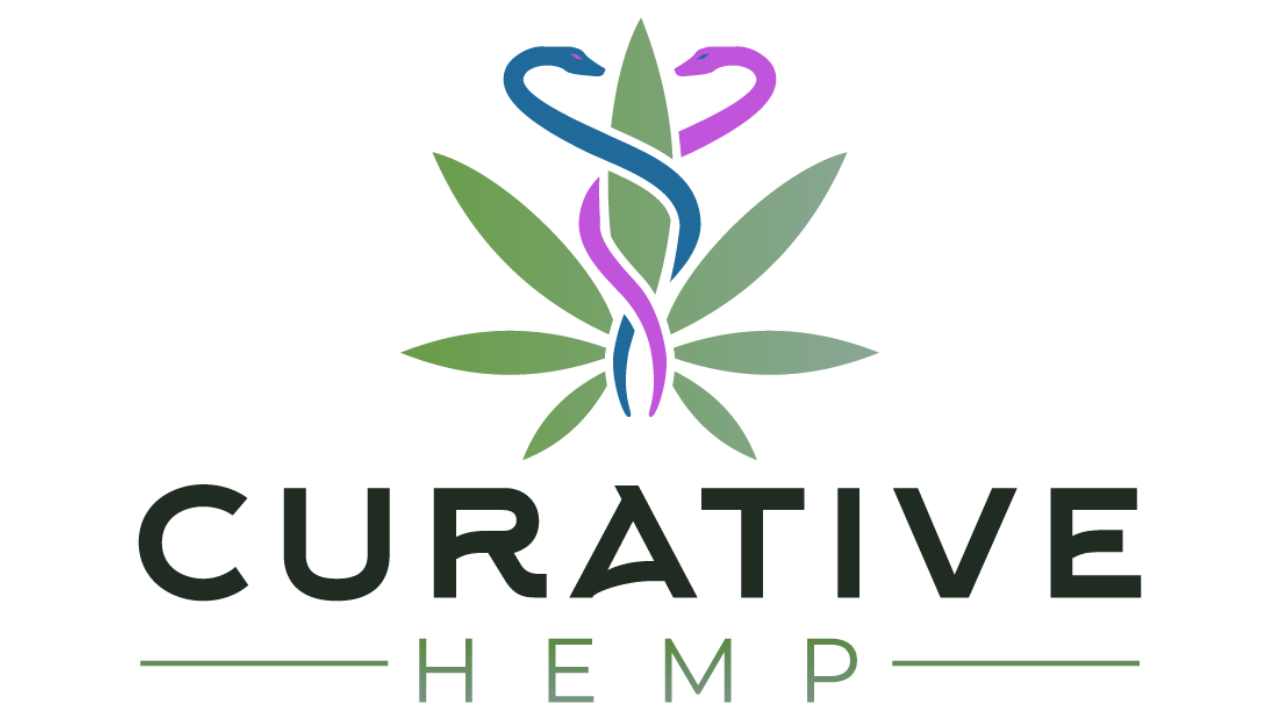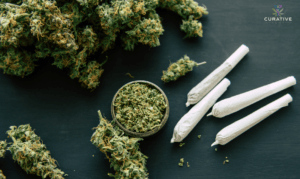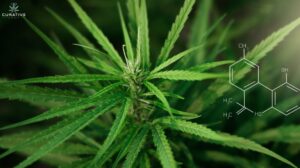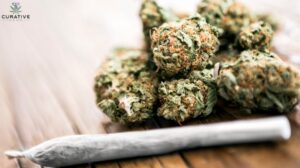
THCa flower, affectionately known as “Happy Flower” at Curative Hemp, offers a unique cannabis experience. Unlike THC, THCa does not produce psychoactive effects in its natural state, making it a popular choice for those seeking the benefits of cannabis without the high. This article delves into what you can expect when using THCa flower, covering both its psychoactive potential when heated and its non-psychoactive benefits.
Non-Psychoactive Benefits of THCa
THCa, or tetrahydrocannabinolic acid, is found in fresh and unheated cannabis flowers. In its raw form, THCa has a variety of reported health benefits. Consuming THCa has many beneficial effects. Without making claims, because we are not allowed to that, we can tell you there is lots of anecdotal evidence and point you to credible studies that show it’s use potential for physical aches, tension, and mental stressors due to its calming and comforting properties. Many people use the hemp and cannabis plant as a natural alternative to synthetic pills. Additionally, the compound THCa has been in the spotlight due to fascinating discoveries about how it interacts with the neural network and is being looked at for its applications in modern medicine for certain neurodegenerative diseases. For an in-depth look at these properties, consult the resources provided by the American Academy of Neurology.
Psychoactive Effects Upon Decarboxylation
When THCa flower is heated, through smoking or vaporizing, it undergoes a process called decarboxylation, converting THCa into THC, the psychoactive compound known for producing a “high.” This transformation allows users to experience the traditional effects of cannabis, including euphoria, relaxation, and altered sensory perception, while also benefiting from the enhanced flavors and terpene profiles unique to THCa flower. More about the decarboxylation process can be found on the Project CBD website.
Potential Side Effects
While many of the effects of THCa are beneficial, it’s important to be aware of potential side effects. These may include dry mouth, red eyes, and, in the case of THC conversion, potential short-term memory impairment or feelings of anxiety if consumed in high quantities. Users are advised to start with low doses, especially when trying new strains or methods of consumption, to gauge their individual response. The Centers for Disease Control and Prevention provides further reading on potential side effects.

Conclusion
THCa flower, or “Happy Flower,” provides a versatile option for users to explore the benefits of natural cannabinoids. Whether used in its raw form for its non-psychoactive benefits or decarboxylated for its psychoactive effects, THCa flower can cater to a wide range of needs and preferences. As with any form of cannabis, it’s important to use responsibly and with consideration of the legal and health implications.
Learn More
To further explore the scientific research behind the effects of THCa and other cannabinoids, consider visiting Project CBD’s research page for access to a wealth of peer-reviewed studies and detailed cannabis research.
Stay Informed with Curative Hemp
Keep up with the latest in cannabis research and development with Curative Hemp. Whether you’re new to cannabis or a seasoned user, our blog is your resource for informed, evidence-based content on the potential of cannabis in health and wellness.








Add comment